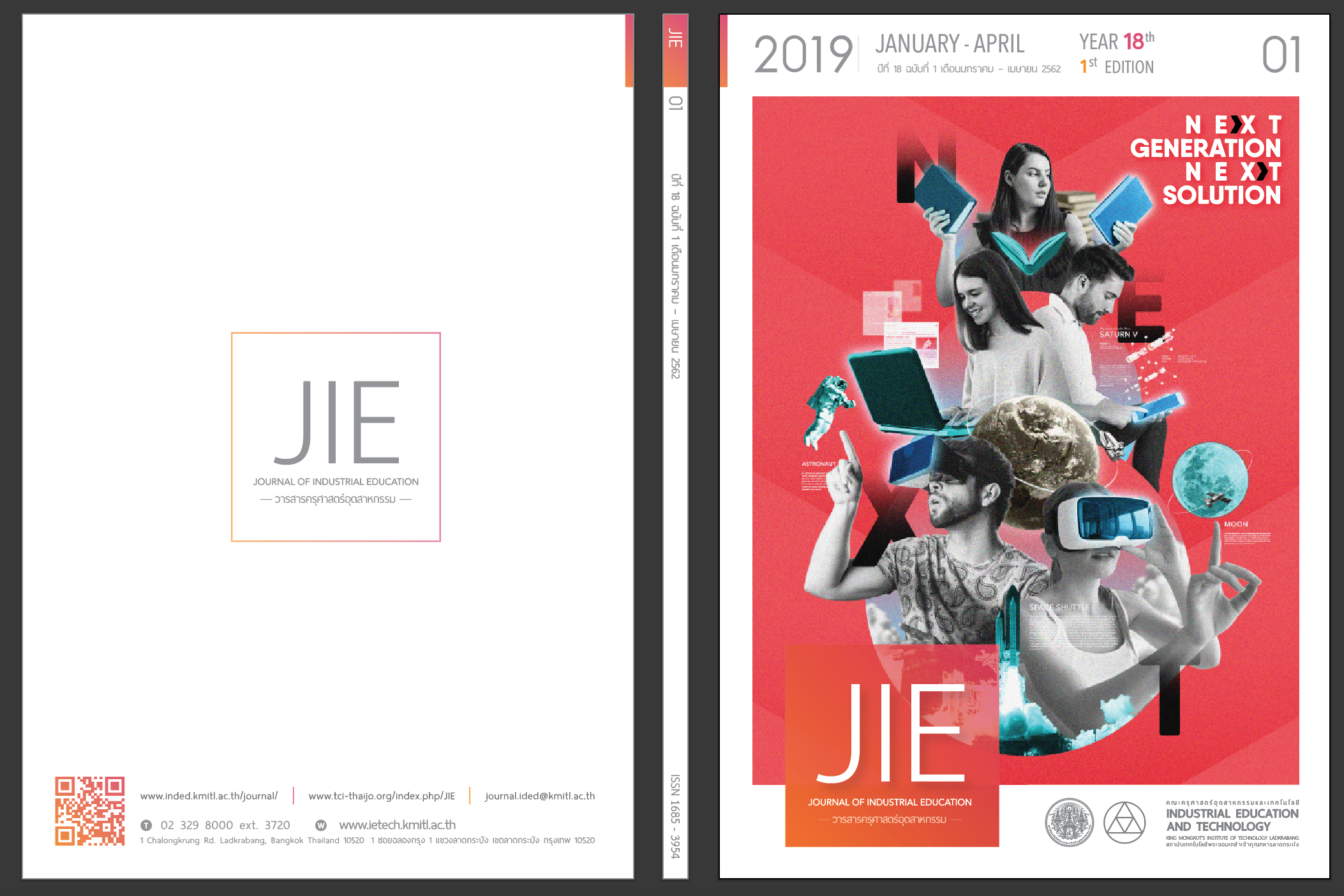A CONCEPTUAL FRAMEWORK OF BLENDED LEARNING BY PROJECT BASED LEARNING WITH STAD LEARNING ACTIVITIES
Keywords:
Demonstrate, Blended Learning, Project Based Learning, STAD learning activitiesAbstract
This research aimed to 1) synthesize the conceptual framework for a conceptual framework of blended learning by project based learning with STAD learning activities. 2) evaluate framework of a conceptual framework of blended learning by project based learning with STAD learning activities for developing the computer instruction on Internet Administration and Services for Department of Computer Education, bachelor degree, Nakhon Pathom Rajabhat University. The research process consisted of 6 steps as follows: 1) Studied the concepts and theories related the research 2) synthesis a framework 3) define expert group 4) presented conceptual framework 5) Evaluate the framework by expert 6) Summarize the results
The research results were PJBLS-Model that consisted of 3 part 8 modules as follows: input part 1) Teacher Module 2) Student Module, process part 3) STAD Module 4) PJBL Content Module 5) Demonstrate Online Module 6) Demonstrate Offline Module, output part 7) Project Module and 8) Examiner Module. The evaluation results of the synthesized model. Are the most suitable ( = 4.62, S.D.= 0.50) all experts accepted the synthesize model the synthesized model can use as Template on Internet Administration and Services.
References
Monchai Tiantong. 2002. E-learning: Learning solutions for the next education. Journal of Technical Education Development King Monkut's University of Technology North Bangkok, 14(13), p. 58-65.
Office of the Education Council. 2017. The national education plan 2017 - 2036. Bangkok: Prikwarn graphic co.,ltd.
Eakphisitdha Uttra, Punnee Leekitchwatana and Thiyaporn Kantathanawat. 2018. The development of an E-learning on loop statement programming for grade 10. Journal of Industrial Education, 17(1), p.45-51.
Kridsada Thongchuea, Thanongsak Sovajassatakul and Paitoon Pimdee. 2017. A develop blended learning via web-based instruction on process of condition and loop for Grade 7 Students. Journal of Industrial Education, 16(2), p. 25-32.
Panuwat Srichailard and Krich Sinthanakul. 2017. The develop of Blended E-Learning in conjunction with Competency plan on Internet Administration and Services course for Computer Education Students’. Journal of Industrial Education, 16(3), p.66-74.
Brown; & others. 1972. AV Instruction: Technology Media and Method. New York: McGraw-Hill.
Wallaya Boonarkas. 2013. The Effects of The STAD Cooperative Learning Technique towards Learning Achievement and Critical Thinking Skills in Mathematics of Pratomsuksa 6 Students. Thesis M.Ed. (Curriculum and Instruction). Chanthaburi : Rambhai Barni Rajabhat University.
Monchai Tiantong. 2011. Courseware design and development for CAI. Bangkok: King mongkut's university of technology north bangkok.
Sumalee Siksen and Monchai Tiantong. 2011. A Conceptual Framework of an Online Project Based Learning System with a Learner Guidance System Base on Multiple Intelligence Analysis. The 7th National Conference on Computing and Information Technology, p. 699-703.
OnanongSukudom, Aukkapong Sukkamart and Thiyaporn Kantathanawat. 2016. Project based learning management by using theory of constructionism together with web-based instruction on scratch programming for grade 9 at taweethapisek school. Journal of Industrial Education, 15(3), p.6-13.
Katz, G. L. & Chard, C. S. 1992. Engaging Children's Minds : The project Approach. Norwood, New Jersey, Ablex Publishing Corporation.
Slavin.E. 1995. Cooperative Learning. Massachuselts : A Aivision of Simon and Schuster.
Bonk, C. J. & Graham, C. R. 2004. Handbook of blended learning. Global Perspectives. San Francisco: Pfeiffer Publishing.
Slavin, R.E. 1995. Cooperative Learning Theory, Research and Practice. 2nd ed. Massachsetts: A Simom & Schuster.
Downloads
Published
How to Cite
Issue
Section
License
"The opinions and contents including the words in papers are responsibility by the authors."
"ข้อคิดเห็น เนื้อหา รวมทั้งการใช้ภาษาในบทความถือเป็นความรับผิดชอบของผู้เขียน"



